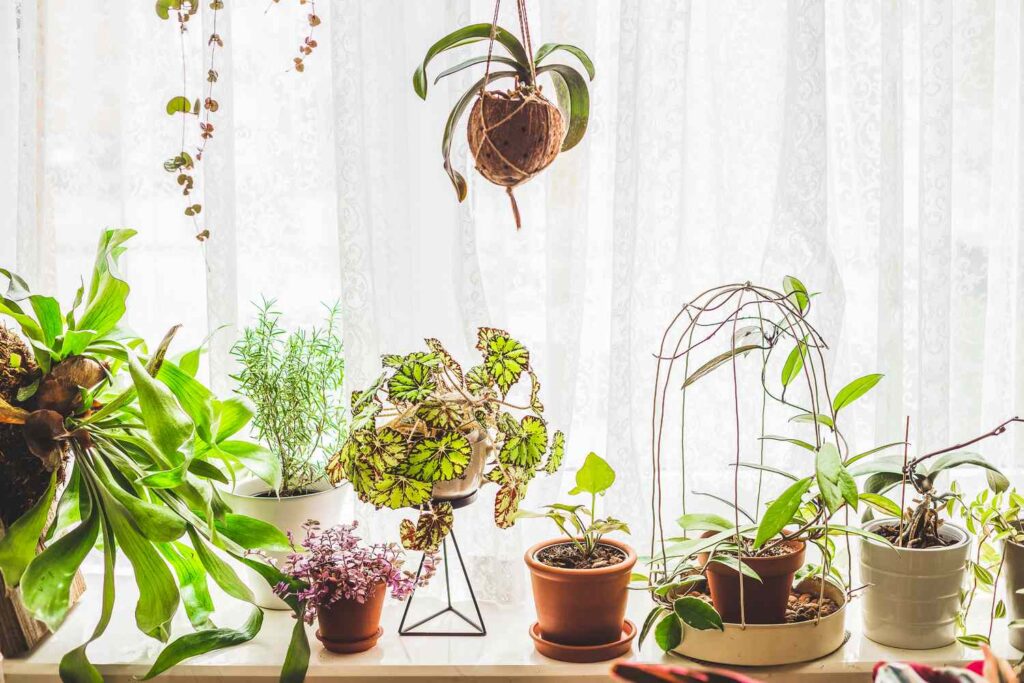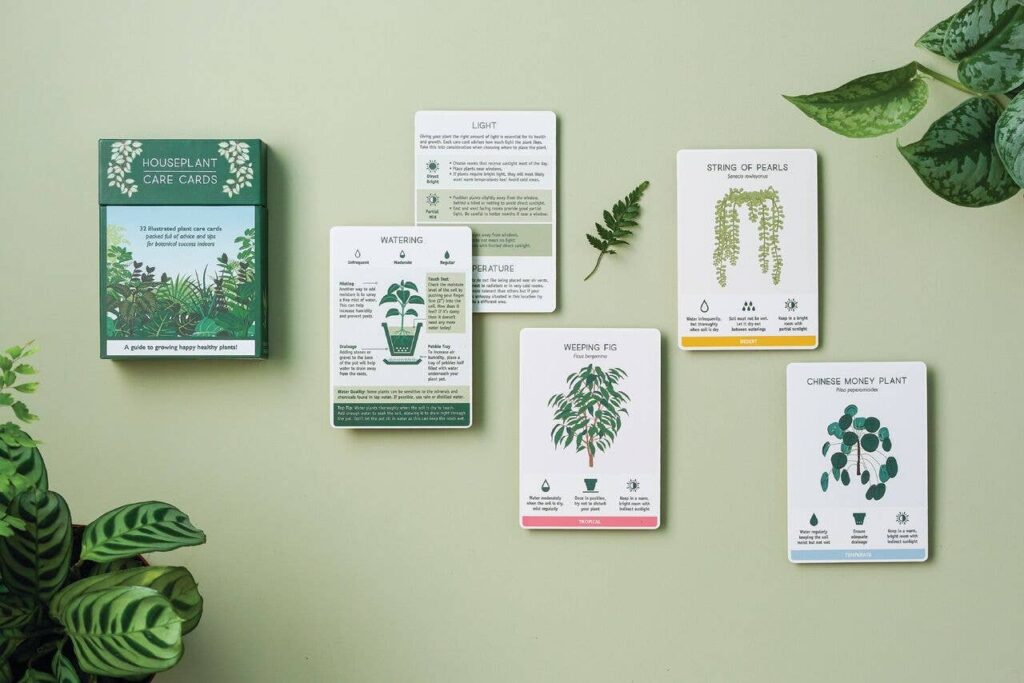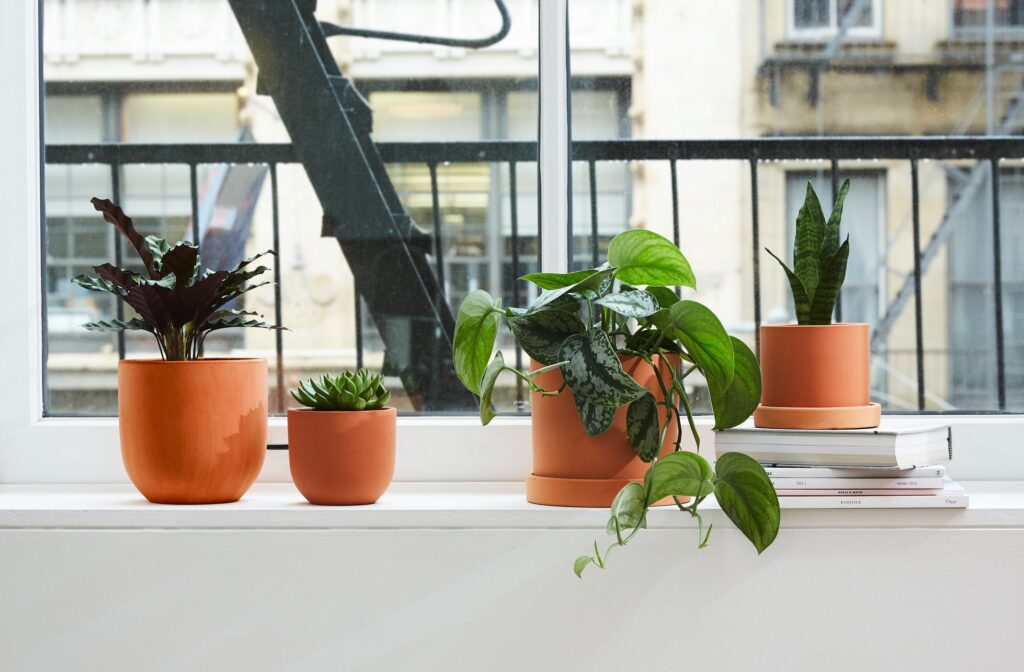Giving plants as gifts has long been a tradition that symbolizes prosperity and happiness. Plants have a unique and powerful meaning that goes beyond their aesthetic appeal. Understanding the symbolism behind plants can help us choose the perfect plant gift for any occasion. In this article, we will explore the history of plant gifting, the meaning behind plants as symbols of prosperity and happiness, and how to care for gifted plants. We will also discuss creative ways to present your plant gift and the impact of plant gifting on relationships.
Understanding the Symbolism of Plants
Plants have played significant roles in various cultures throughout history. They have been used to convey expressions of love, gratitude, and well-wishes. The act of giving Happy Plant as gifts goes back centuries, with its origins deeply rooted in different civilizations.
When we delve into the history of plant gifting, we discover fascinating tales that shed light on the significance of this practice. Ancient Rome, for example, had a tradition of giving olive branches as a symbol of peace and friendship. The olive tree, with its sturdy branches and abundant fruit, represented harmony and goodwill. Similarly, in China, gifting bamboo plants became a way to express strength and resilience. The bamboo’s ability to bend without breaking in the face of strong winds and its rapid growth symbolized the virtues of adaptability and perseverance.
As time passed, the tradition of giving plants as gifts evolved into a meaningful gesture of goodwill that transcended cultural boundaries. Today, people from all walks of life embrace this practice, recognizing the profound symbolism behind plant gifting.
See Also: Decorating Tips and Ideas Using Vibrant Yellow Flowers

The History of Plant Gifting
Plant gifting dates back to ancient times. In ancient Rome, giving olive branches symbolized peace and friendship. In China, gifting bamboo plants represented strength and resilience. The tradition of giving plants as gifts has persevered through time, evolving into a meaningful gesture of goodwill.
Throughout history, plants have been associated with various meanings and symbolism. In ancient Egypt, for instance, the lotus flower was highly revered and considered a symbol of rebirth and spiritual enlightenment. The Egyptians believed that the lotus flower’s ability to emerge from murky waters and bloom into a beautiful blossom represented the journey of the soul towards enlightenment.
In medieval Europe, herbs and flowers were often given as gifts to convey specific messages. Each plant had its own symbolic meaning, allowing people to express their emotions without uttering a single word. For example, a bouquet of red roses was a declaration of passionate love, while a sprig of lavender represented devotion and loyalty.
Prosperity and Happiness: The Meaning Behind the Plant
Plants symbolize prosperity and happiness for several reasons. Firstly, plants are living organisms that require care and attention to thrive. By giving someone a plant, you are gifting them the opportunity to nurture and witness the growth of a living thing. This act represents the potential for personal growth and prosperity.
Secondly, plants are natural sources of oxygen and greenery. They bring life and positive energy into any space, making them symbols of well-being and happiness. A plant gift can significantly enhance the ambiance of a room and create a sense of tranquility.
Last but not least, plants are associated with nature, which is often seen as a symbol of abundance and fertility. The presence of plants in one’s surroundings is believed to attract positive energy, luck, and prosperity. In many cultures, certain plants are considered auspicious and are believed to bring good fortune to those who possess them.
For example, the money tree, scientifically known as Pachira aquatica, is believed to bring financial luck and prosperity. Its braided trunk and lush green leaves make it a popular choice for those seeking abundance and wealth in their lives.
Furthermore, the bamboo plant, with its tall and straight stalks, is often associated with growth and success. Its ability to bend without breaking in the face of adversity is seen as a valuable lesson in resilience and adaptability.
In conclusion, the symbolism of plants runs deep in human history and culture. The act of giving plants as gifts is not merely a gesture of kindness but also a way to convey profound emotions and wishes. Whether it is to express love, friendship, or to wish someone prosperity and happiness, plants continue to hold a special place in our hearts and homes.
Choosing the Perfect Plant Gift
When selecting a plant gift, there are several factors to consider to ensure you choose the perfect plant for the recipient and the occasion.
Plants make wonderful gifts for a variety of occasions, from birthdays to housewarmings, and they can bring beauty and life to any space. However, with so many options available, it’s important to take the time to consider a few key factors before making your selection.
Factors to Consider When Choosing a Plant
Consider the recipient’s personality and preferences. Do they have a green thumb and enjoy taking care of plants? Or would they prefer a low-maintenance plant that requires minimal attention? Understanding the recipient’s level of experience and interest in gardening can help you choose a plant that will thrive in their care.
Another important factor to consider is the occasion. Are you celebrating a milestone or achievement? Or are you looking for a plant that will bring comfort and healing during a difficult time? Different plants can convey different messages, so it’s important to choose one that aligns with the occasion and the recipient’s needs.
Additionally, think about the symbolism you want the plant to convey. Plants have been used for centuries to represent various meanings and emotions. For example, the lucky bamboo symbolizes good luck and prosperity, making it a popular choice for housewarming gifts. The peace lily represents peace and harmony, making it a thoughtful gift for someone going through a challenging time. Succulents, with their ability to thrive in harsh conditions, are often associated with resilience and strength, making them a meaningful gift for someone facing adversity.
Popular Plants for Gifting and Their Meanings
There are various types of plants commonly gifted, each with its own symbolism. Here are a few popular choices:
Roses:
Known for their beauty and fragrance, roses are often associated with love and romance. They make a perfect gift for anniversaries, Valentine’s Day, or any occasion where you want to express your affection.
Orchids:
With their exotic and elegant blooms, orchids symbolize luxury, beauty, and strength. They are a great choice for someone who appreciates sophistication and grace.
Sunflowers:
Bright and cheery, sunflowers symbolize happiness, positivity, and loyalty. They are a wonderful gift for birthdays or to uplift someone’s spirits.
Lavender:
Known for its calming properties, lavender represents tranquility and relaxation. It’s a perfect gift for someone who could use a little stress relief.
Bonsai Tree:
Bonsai trees are a symbol of patience, harmony, and balance. They require careful pruning and shaping, making them a great gift for someone who appreciates the art of bonsai.
Remember, the most important thing when choosing a plant gift is to consider the recipient’s preferences, the occasion, and the message you want to convey. With a little thought and consideration, you can find the perfect plant that will bring joy and beauty to someone’s life.

How to Care for Gifted Plants
Once you have chosen the perfect plant gift, it’s essential to provide the recipient with proper care instructions to ensure the plant thrives in its new environment.
When it comes to caring for gifted plants, there are a few basic plant care tips that should be kept in mind. Firstly, remind the recipient about the importance of watering the plant regularly. Watering is a fundamental aspect of plant care, as it provides the necessary hydration for the plant to survive and thrive. However, it’s important to strike a balance and avoid overwatering, as this can lead to root rot and other issues.
In addition to watering, adequate sunlight is crucial for the health of a plant. Different plants have different light requirements, so it’s important to educate the recipient about the specific needs of the plant they have received. Some plants thrive in indirect sunlight, making them perfect for indoor spaces with limited natural light. On the other hand, some plants prefer bright, direct sunlight and should be placed near a window or in a sunny spot in the garden.
Proper drainage is another aspect of plant care that should not be overlooked. It’s important to ensure that the plant is placed in a pot with drainage holes to prevent water from accumulating at the bottom. This will help prevent waterlogging, which can lead to root rot and other problems. If the plant is placed in a decorative container without drainage holes, it’s important to be mindful of the watering frequency to avoid water buildup.
Understanding Different Plant Needs
While the basic plant care tips mentioned above are important, it’s equally crucial to understand that different plants have different needs. Each plant species has its own set of care requirements that must be met for optimal growth and health.
For example, some plants are more tolerant of low-light conditions and can thrive in areas with minimal natural light. These plants are perfect for offices or rooms with limited sunlight. On the other hand, there are plants that require bright, direct sunlight to photosynthesize and grow properly. Placing these plants near a window or in a sunny spot in the garden is essential to meet their light requirements.
Watering needs also vary among different plant species. Some plants, such as succulents, have adapted to arid environments and require less frequent watering. Overwatering these plants can lead to root rot and other issues. On the other hand, there are plants that require more water and should be watered regularly to keep the soil moist.
By understanding and meeting a plant’s specific needs, the recipient can ensure its longevity and continued growth. It’s important to provide the recipient with detailed care instructions specific to the plant they have received. This can include information about the ideal light conditions, watering frequency, and any additional care requirements unique to the plant species.
Remember, caring for gifted plants is not only about providing the basic necessities but also about creating an environment that mimics their natural habitat as closely as possible. By doing so, the recipient can enjoy the beauty and benefits of their gifted plant for years to come.

Creative Ways to Present Your Plant Gift
Presenting a plant gift in a creative and thoughtful manner can make the gesture even more memorable.
DIY Plant Gift Wrapping Ideas
Consider wrapping the plant in decorative paper or fabric, adding a personalized ribbon, or placing it in a beautiful planter or basket. You could also include a handwritten note expressing your well-wishes or the significance of the plant’s symbolism.
Adding Personal Touches to Your Plant Gift
Personalize the gift by selecting a plant that holds a special meaning to the recipient. You could also incorporate their favorite colors or incorporate other small gifts that complement the plant, such as gardening tools or a book about plants and gardening.
The Impact of Plant Gifting on Relationships
Giving a plant gift can have a profound impact on relationships, nurturing connections and strengthening bonds.
Strengthening Bonds with Thoughtful Gifts
When someone receives a plant as a gift, they feel cared for and cherished. The act of giving a living thing that requires love and attention reflects the depth of the giver’s feelings and the value they place on the relationship. It can serve as a reminder of the bond shared and the importance of nurturing it.
The Emotional Impact of Receiving a Plant
Receiving a plant gift can elicit strong emotions in the recipient. The beauty and symbolism of the plant can bring joy, inspire relaxation, and serve as a constant reminder of the giver’s thoughtfulness. It can also create a sense of responsibility and purpose as the recipient takes on the role of a plant caregiver.In conclusion, gifting a plant is a meaningful gesture that embodies prosperity and happiness. Understanding the symbolism behind plants, choosing the perfect plant gift, and caring for it appropriately can enhance the impact of this thoughtful gesture. By presenting the plant gift creatively and considering its impact on relationships, the giver can create a lasting impression that will be cherished for years to come. So, the next time you’re looking for a gift that symbolizes prosperity and happiness, consider gifting a happy plant.

